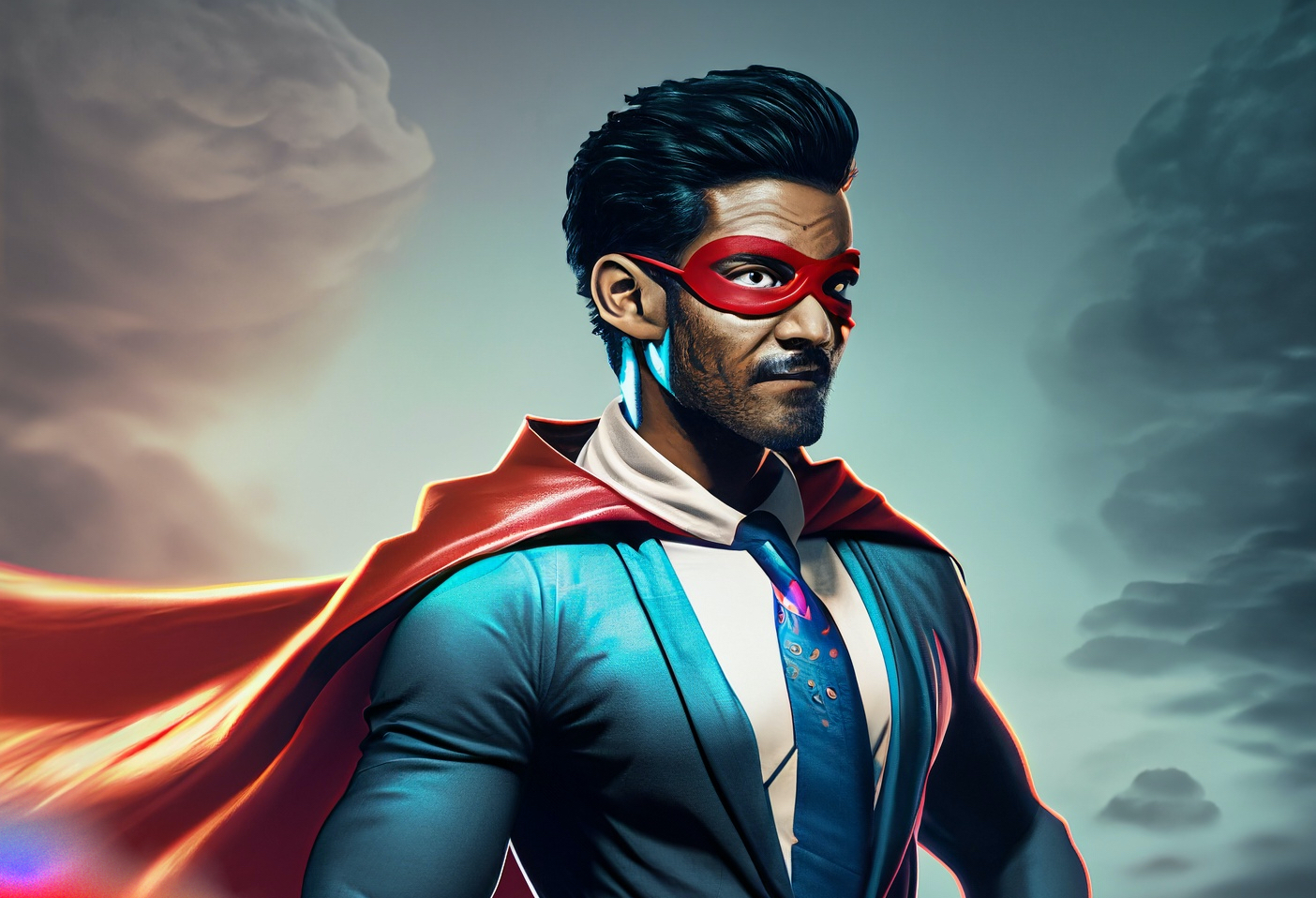
With the latest season of Succession almost upon us, it’s worth noting that the Roy clan’s interfamilial skulduggery provides far more than dark escapism.
According to Weber Shandwick’s Tom Beckman it reflects the “dominant creative narrative of our time.”
Villains in popular culture provide a time capsule into our preeminent fears and anxieties. The 2008-09 recession was largely attributed to gross mismanagement by financial institutions. The result was a global reputation crisis for corporations and symbols of capitalism. Edelman’s Trust Barometer reported a 20 point overall drop for trust among brands. Popular culture of the time reflected and proliferated this distrust. The theme of the 2009 Berlin Film Festival was ‘Capitalism as Villain’ and that year’s biggest picture, James Cameron’s Avatar, told the story of corporations at war with nature.
Cast as the villains, corporations had to reinvent how they considered and communicated Corporate Social Responsibility. This led to the most defining shift in brand building in decades, with brand purpose taking centre stage to repair this erosion of trust.
The new hopeless
This time around, while 41-year high inflation eats the disposable income of the majority of households, the period since the pandemic has spawned the biggest surge in billionaire wealth since records began, with the luxury sector projecting significant growth. Every 30 hours, while nearly one million more people globally are pushed into extreme poverty, the global economy is also minting a new billionaire.
While in western popular culture, inequality often has a distinctly American theme, fresh research from Revolt ranking the causes that matter most to Brits reveals “Poverty, Hunger and Homelessness in My Country” has eclipsed “Climate Change” as the nation’s #1 priority.
What’s more, “Income Inequality” rose 15 places YoY, making it 2023’s biggest mover next to “Large Scale Conflict and Wars”.
Anti-elite rebellion
According to Foresight Factory, this divergence is causing consumers to challenge established societal norms. Its definitive overarching trend for 2023 is consumer rebellion, which sees the public at large questioning and defying aspects of life where the billionaire entrepreneurs of the world have a visible, controlling stake; namely, perfection, authority, restraint and surveillance.
In film, art, fashion and food, it’s the aloof and detached 1% that are being called out for greed and self-interest.
According to Beckman, “This recession, suddenly, the rich are not the aspirational icons of our dreams, they are the villains in our films”. In recent years, The White Lotus, Triangle of Sadness and Parasite have left viewers and critics aghast at the depravity of the elite
Connect with reality
On the flip side, every villain needs a hero, and brands and pop culture are also paying greater attention to the 99 percent. Social realism isn’t a new concept in advertising, with sanitised social media portrayals being increasingly countered by celebrations of authenticity.
Yet with an ‘Eat the Rich’ narrative featuring prominently in the zeitgeist, it’s notable that Cannes Lions 2022 highlighted gritty storytelling from the streets of ‘Non Artificial Mexico’, Belgian inmates reconnecting with society through sport and Berlin’s hemp-gifting transport conductors.
With a significant proportion of the nation focused on meeting basic physiological needs, brands that can appeal to their sense of identity and belonging are more likely to resonate than those projecting aspirational fairytales.